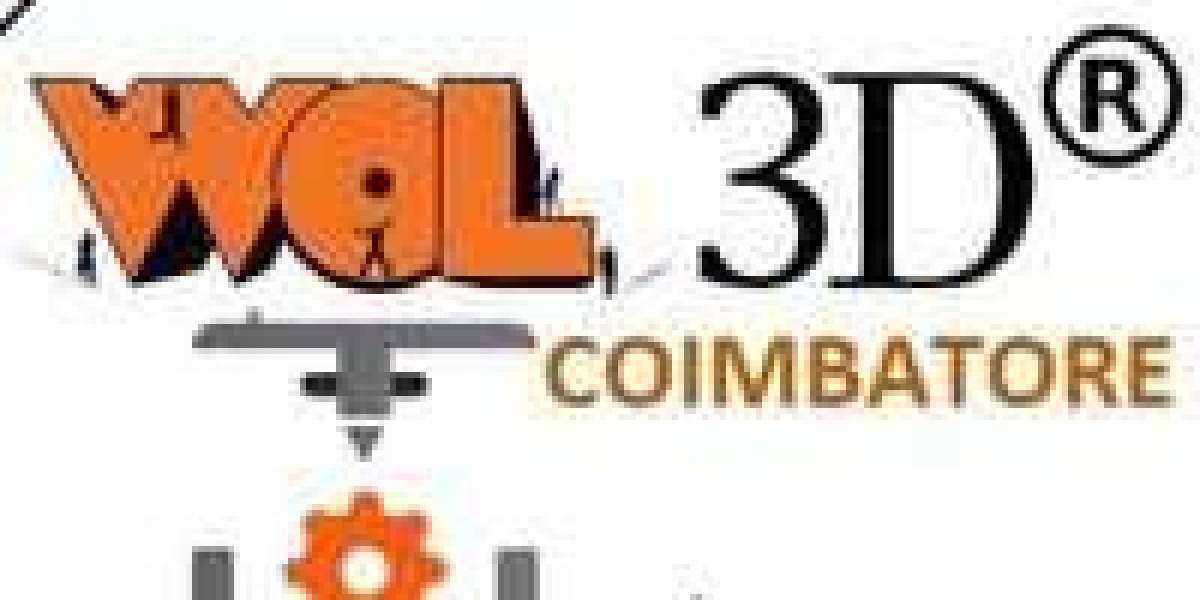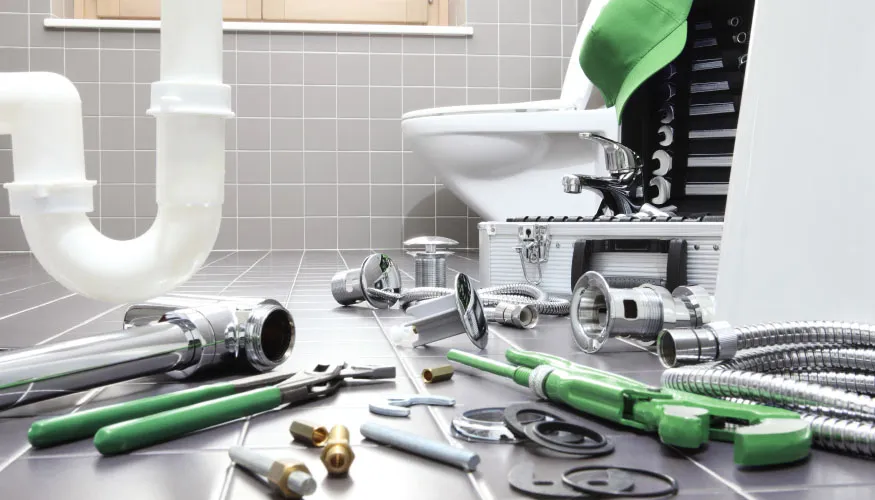In the ever-evolving landscape of manufacturing, efficiency is paramount. One of the groundbreaking innovations contributing to this efficiency is the use of ceramic glass fiber coils. These advanced materials are revolutionizing various manufacturing processes, offering a blend of durability, thermal stability, and enhanced performance. In this blog post, we will delve into how ceramic glass fiber coils increase efficiency in manufacturing processes, providing a comprehensive understanding of their benefits and applications.

Understanding Ceramic Glass Fiber Coils
Ceramic glass fiber coils are composed of fine fibers of glass that are woven together and then coated with ceramic materials. This combination results in a material that can withstand extremely high temperatures, resist corrosion, and maintain structural integrity under stress. These properties make ceramic glass fiber coils an ideal choice for a variety of industrial applications, from high-temperature furnaces to advanced electronics manufacturing.
Thermal Stability and Efficiency
One of the primary ways ceramic glass fiber coils enhance manufacturing efficiency is through their exceptional thermal stability. Traditional materials often degrade or lose efficiency at high temperatures, leading to frequent maintenance and downtime. In contrast, ceramic glass fiber coils can operate at temperatures exceeding 1000°C without significant degradation. This stability ensures continuous operation, reducing the need for frequent replacements and maintenance, thereby increasing overall productivity.
Durability and Longevity
Durability is another critical factor in manufacturing efficiency. Ceramic glass fiber coils are highly resistant to wear and tear, chemical corrosion, and mechanical stress. This durability translates to a longer lifespan compared to conventional materials. For instance, in applications such as kilns or industrial ovens, the longevity of ceramic glass fiber coils means fewer interruptions for part replacements, leading to more consistent production schedules and lower operational costs.
Energy Efficiency
Energy consumption is a significant concern in manufacturing. Ceramic glass fiber coils contribute to energy efficiency by providing superior insulation properties. Their ability to retain heat reduces the energy required to maintain high temperatures, leading to lower energy bills and a smaller carbon footprint. For example, in the glass manufacturing industry, the use of ceramic glass fiber coils in furnaces can result in substantial energy savings, making the process more sustainable and cost-effective.
Versatility in Applications
The versatility of ceramic glass fiber coils further enhances their value in manufacturing. They can be tailored to fit various shapes and sizes, making them suitable for a wide range of applications. From aerospace components to automotive parts, the adaptability of ceramic glass fiber coils allows manufacturers to optimize their processes across different industries. This flexibility not only improves efficiency but also opens up new possibilities for innovation and customization in product design.
Conclusion
In conclusion, the integration of ceramic glass fiber coils in manufacturing processes offers numerous advantages that significantly boost efficiency. Their thermal stability, durability, energy efficiency, and versatility make them an invaluable asset in modern industrial applications. By reducing maintenance needs, lowering energy consumption, and providing reliable performance, ceramic glass fiber coils are paving the way for more efficient and sustainable manufacturing practices. As industries continue to evolve, the adoption of such advanced materials will undoubtedly play a crucial role in shaping the future of manufacturing.
Understanding how ceramic glass fiber coils increase efficiency in manufacturing processes is essential for industries aiming to stay competitive and innovative. By embracing these advanced materials, manufacturers can achieve higher productivity, lower costs, and a more sustainable operational model, ultimately leading to greater success in the global market.







